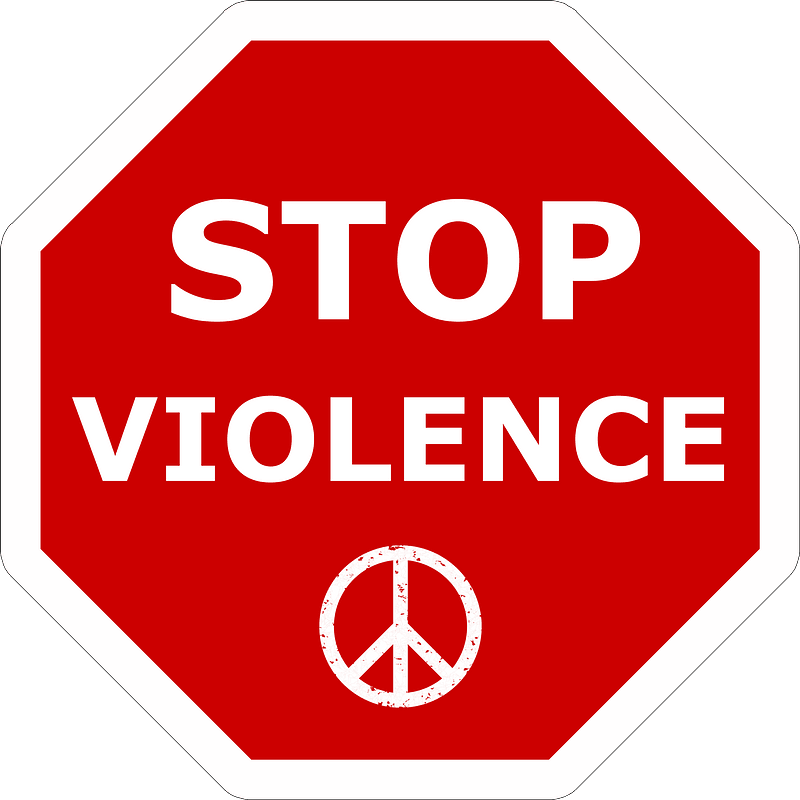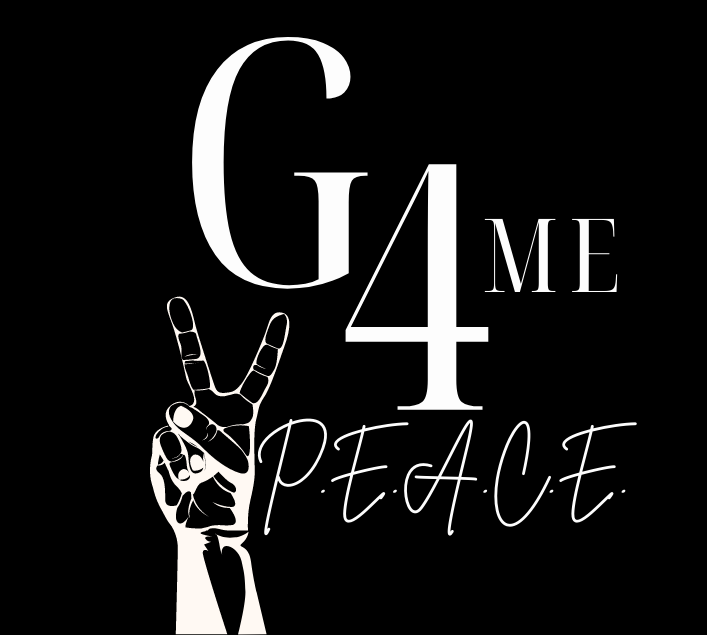The Crucial Need for De-escalation and Conflict Resolution Training
The Crucial Need for De-escalation and Conflict Resolution Training

By Mizz Gabrielle Nicole
(Philadelphia, September 19, 2024) In a world where tensions seem to rise at the drop of a hat, where misunderstandings often lead to violence, and where too many lives are being lost due to an inability to manage conflict, we are facing a crisis that we can no longer afford to ignore. The lack of de-escalation and conflict resolution skills is a silent epidemic that is ravaging communities across America.
The Plight We Face
Across all age groups, people are growing up without the tools to effectively resolve conflict, often absorbing toxic behavioral patterns from their environments. When faced with disputes—whether in schools, workplaces, on the streets, or even at home—many react impulsively rather than thoughtfully. They respond to perceived disrespect with aggression, to frustration with anger, and to challenges with violence. This cycle of reactive behavior often has deadly consequences.
Studies show that individuals lacking proper conflict resolution skills are more likely to engage in risky behaviors, experience strained relationships, and even enter the criminal justice system. In cities like Philadelphia, violence has surged, with countless incidents tied directly to unresolved disputes that escalated unnecessarily. These aren’t just statistics—these are our family members, friends, and neighbors, whose lives and futures are at stake. One of the most heart-wrenching aspects of this crisis is that it is preventable. When people are given the tools to manage their emotions, think critically, and resolve disagreements constructively, the ripple effects are profound. Not only does it reduce violence, but it also fosters stronger relationships, builds self-confidence, and leads to better outcomes in every aspect of life.
Changing the Tide: A Call for Action
If we are to change the trajectory of our communities, we must prioritize de-escalation and conflict resolution training for people of all ages. This begins at the grassroots level, with schools, workplaces, community organizations, and families coming together to teach these vital skills.
Why De-escalation Matters
De-escalation is the ability to reduce the intensity of a conflict or potentially dangerous situation before it spirals out of control. It involves communication techniques that defuse tension and allow for calmer interactions. Many have never been taught how to de-escalate a situation. They’ve seen aggression modeled as a solution rather than communication.
We need to equip people with strategies to manage their own emotions, recognize the triggers that can escalate a situation, and use calm, non-threatening language to prevent conflicts from exploding. Simple phrases like “I understand you’re upset, let’s talk about it,” or “Can we find a solution together?” can go a long way in defusing situations.
The Power of Conflict Resolution
Once tensions have been de-escalated, conflict resolution becomes essential. It teaches individuals how to resolve disagreements in a way that respects both parties. This includes active listening, empathy, compromise, and understanding the difference between reacting and responding. Skills such as offering a genuine apology, seeing things from another’s perspective, and finding common ground can transform how conflicts are handled.
When we teach these skills, we empower individuals to become peacemakers in their communities, whether they’re teens in school or adults in their professional lives. In turn, they set an example for others, breaking the cycle of violence and hostility.
Game 4 P.E.A.C.E: Leading the Way to a Better Future
As we look toward creating a safer, more peaceful future for all, one organization is leading the charge: Game 4 P.E.A.C.E (Game 4 Perseverance, Empathy, Accountability, Compassion, Evolve, Excellence, and Education). This initiative is dedicated to empowering people of all ages by providing them with the tools and support they need to resolve conflicts, break generational cycles of violence, and foster unity in their communities.
Game 4 P.E.A.C.E was founded on the belief that violence can be combated through education and engagement. By focusing on the core values of perseverance, empathy, accountability, compassion, evolution, excellence, and education, the organization is reshaping how individuals of all ages interact with one another. It prepares them to face life’s challenges with dignity and respect, and equips them to be agents of change in their environments.
The program offers a comprehensive approach that includes workshops, mentorship programs, peer mediation training, and community outreach. Game 4 P.E.A.C.E emphasizes that conflict resolution skills are not only about addressing immediate problems but also about fostering long-term personal growth. This holistic approach helps people build resilience, take responsibility for their actions, and find compassionate ways to resolve disputes.
Empathy and Understanding at the Core
A key aspect of the Game 4 P.E.A.C.E curriculum is teaching empathy. Participants learn to understand the perspectives and emotions of others, allowing them to respond more thoughtfully to conflicts. Empathy fosters connection, reduces hostility, and encourages cooperative problem-solving. In a world where so many feel unheard or misunderstood, teaching empathy is a powerful step toward lasting peace.
Peer Mediation: Empowering Individuals as Leaders
One standout feature of Game 4 P.E.A.C.E is its peer mediation program. By training individuals to become mediators, the program empowers them to take leadership roles in resolving conflicts within their communities. These mediators are taught to listen actively, facilitate discussions, and guide others toward mutually acceptable solutions. This not only reduces the likelihood of violence but also builds a sense of community and responsibility.
Accountability and Compassion: The Path Forward
Game 4 P.E.A.C.E stresses the importance of accountability—teaching people to own their actions and understand the impact of their behavior on others. Through this lens, participants learn that their choices can either contribute to peace or perpetuate conflict. They are encouraged to choose compassion over aggression and evolve into individuals who contribute positively to their communities.
Community Involvement and Family Engagement
In addition to working directly with individuals, Game 4 P.E.A.C.E also involves families and community members in its mission. Parents are provided with resources to support their children’s growth in conflict resolution, and local leaders are invited to participate in training sessions. By fostering a community-wide commitment to peace, Game 4 P.E.A.C.E is helping to change the tide of violence across Philadelphia and beyond.
Why We Must Change the Tide
The stakes have never been higher. Every day we delay addressing this issue is another day we risk losing more individuals to violence, incarceration, or a life defined by anger and aggression. But the solution is within our reach. Investing in de-escalation and conflict resolution training is an investment in the future of our communities. It is about creating safer schools, workplaces, and neighborhoods. It is about giving individuals the skills they need not just to survive but to thrive. With Game 4 P.E.A.C.E leading the way, we have a blueprint for how to turn the tide. Through education, empathy, accountability, and compassion, we can guide people toward a brighter, more peaceful future—one conversation, one training, one person at a time.


